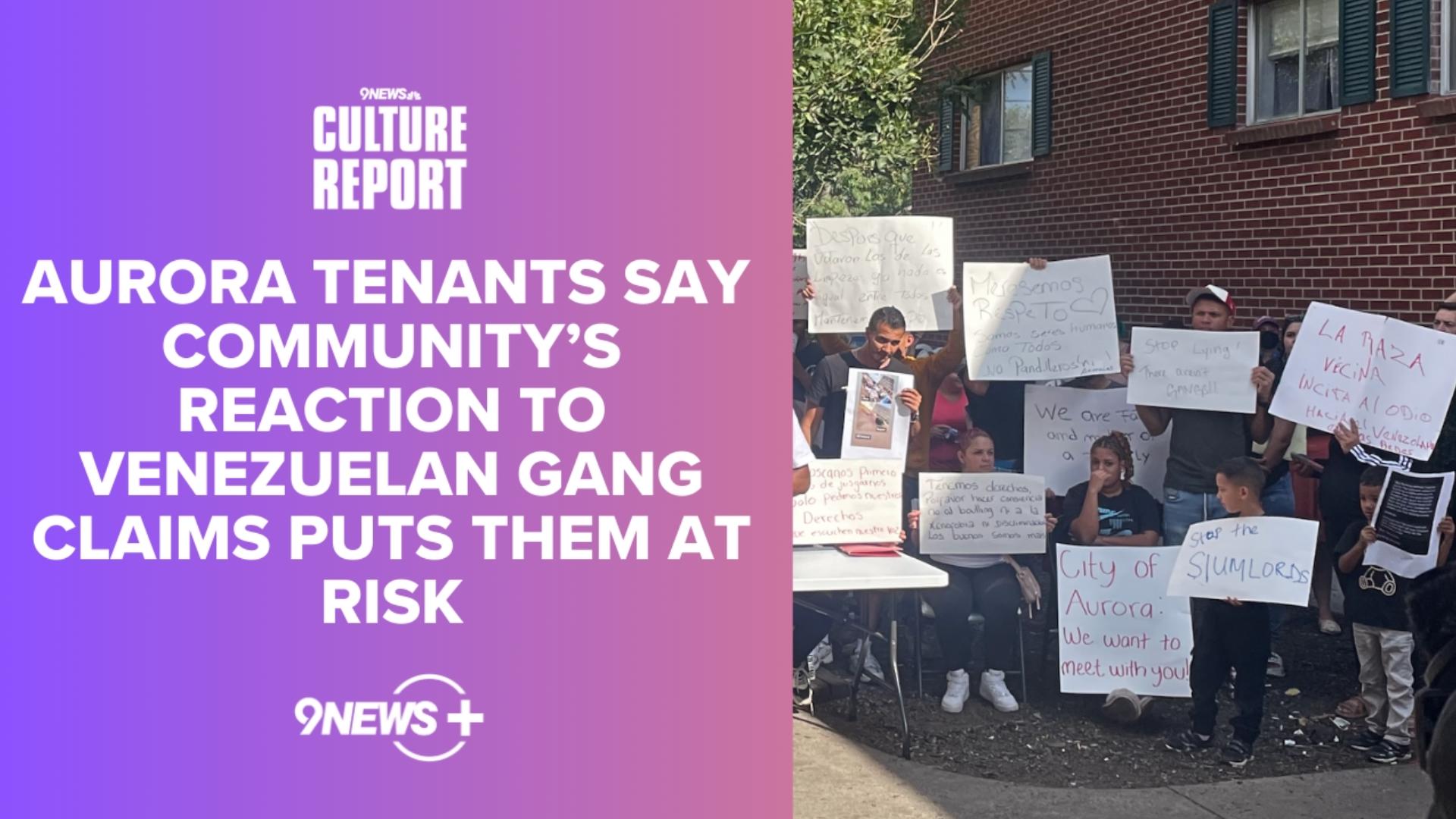Can you live without coffee?
You likely won't ever have to.
Climate change is predicted to reduce the global area suitable for coffee production by as much as 50 percent by 2050, according to a new study released by The Climate Institute. This finding could pose a major problem given the fact that about 2.25 billion cups of coffee are consumed a day worldwide. This makes coffee a global key crop – and is the second most valuable commodity exported by developing countries. The industry was worth about $19 billion in 2015.
Even if rising temperatures and extreme weather did cause a change in coffee production, a California State University professor believes we would still get our cup of joe like usual.
ABC10 spoke with Dr. Yang Sun, an Associate Professor of Supply Chain Management at Sacramento State University, who said the study claim is too strong a statement to make. We shouldn't fear a change in the coffee industry as we know it, according to Sun.
"[Economists] have a natural law of forecasting, it's like Newton's law," Sun said. "Number one – all forecasts are wrong. Number two – the further we got into the future, it's more wrong."
Many factors could change over the course of 30 or more years, which could interfere with the study's prediction, Sun said. If there is a worldwide cut in coffee production, the coffee industry will find new places to grow coffee and new technologies to balance the change, according to Sun.
"The economy has a way of adjusting to supply and demand," Sun said.
Sun told ABC10 coffee production has actually been growing over the past two decades. He doesn't believe there will be a dramatic change to the consumer is coffee production areas are cut.
"I'm not worried about consumers," Sun said.
However, the Climate Institute study states most of the world’s 25 million coffee farmers – which are mostly small holders – won't be able to adapt to a hotter climate. It's important to note, the study also is commissioned by Fair Trade Australia and New Zealand.
Fair Trade coffee is certified to have been produced under fair trade standards, meaning organizations create partnerships with coffee farmers and importers, to ensure farmers get paid a fair price and practice sustainability.
The idea of supporting Fair Trade is encouraged throughout the Climate Institute's study as a way of avoiding damage to the coffee farmers in the case of a climate crisis.
But is buying Fair Trade really going to help coffee producers? Keep in mind – the Fair Trade market only makes up about five percent of $19 billion dollar coffee industry.
Dr. Lovell Jarvis is a professor of Agricultural and Resource Economics at UC Davis, who spent about a decade studying the coffee industry.
Although he's not against the Fair Trade market and firmly believes in climate change, Jarvis said he doesn't believe people should pay more money for Fair Trade coffee thinking that coffee farmers are the main beneficiaries of the Fair Trade organization.
Fair Trade groups have an incentive to stimulate the coffee market. According to Jarvis, much of what he's read supports this.


